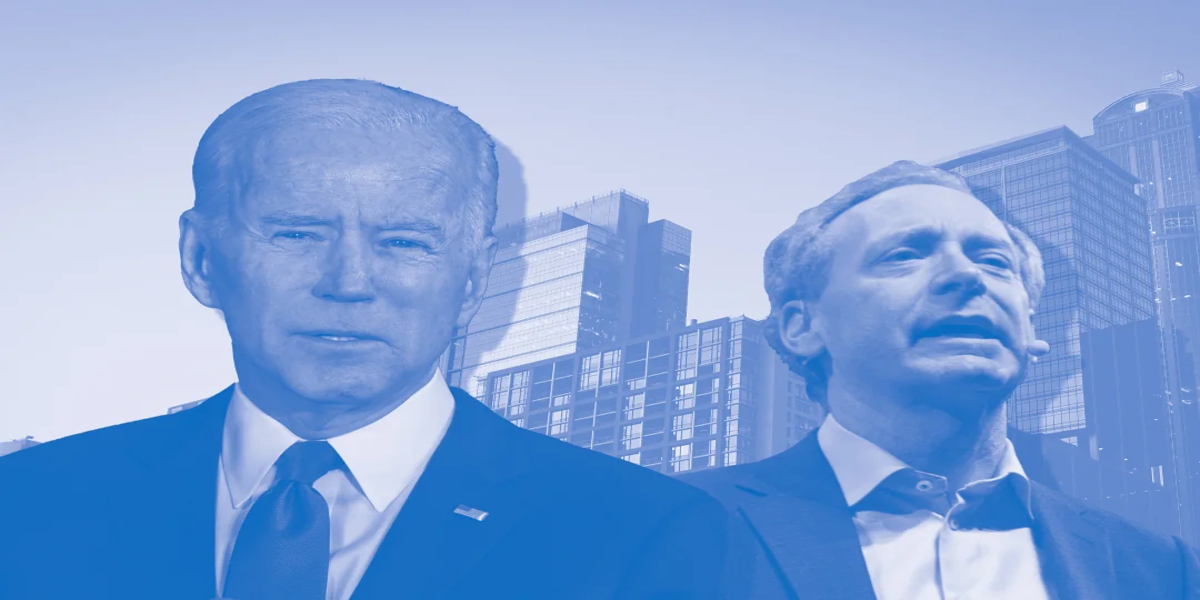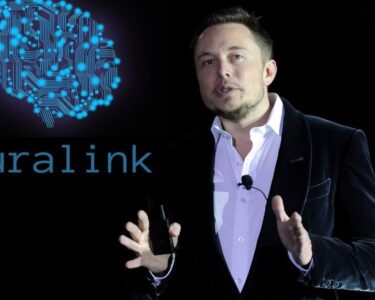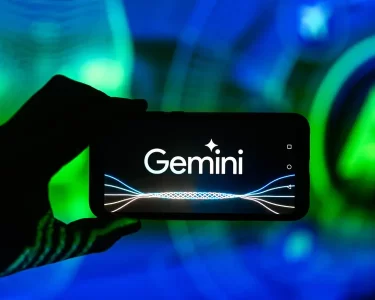Under the guise of influencing artificial intelligence (AI) policy, Microsoft President Brad Smith has been a regular fixture at the Biden White House, with numerous visits logged as part of a calculated effort to sway the administration’s stance on AI.
Microsoft, a significant supporter and collaborator with OpenAI, has been pouring funds into federal lobbying, aimed at molding AI regulations. Notably, the company’s executives have been financially backing Biden’s re-election campaign. Amidst this campaign of influence, Smith’s numerous White House visits, as revealed by visitor logs, underscore a strategic endeavor to direct policy in Microsoft’s favor.
“Let’s be clear, Microsoft is capitalizing on the current administration’s lack of direction, using it to advance its own interests,” asserted Jake Denton, a researcher at the Heritage Foundation’s Tech Policy Center, to the Daily Caller News Foundation. “With the White House lacking a coherent AI strategy, Microsoft is seizing the opportunity to shape policy for its own benefit.”
Smith’s frequent visits, totaling 30 to the White House, included meetings with key figures such as President Biden, Arati Prabhakar of the Office of Science and Technology Policy, White House Counsel Steve Riccheti, and National Economic Council Director Lael Brainard.
Smith’s interactions with Biden were not fleeting; they included a significant 20-person meeting in January 2022 and a larger assembly in December 2022. His engagements also involved private discussions with Brainard and Riccheti, highlighting the deep level of his involvement in policy dialogues.
This pattern of influence is not isolated to Smith. Microsoft CEO Satya Nadella himself made six White House visits, as per visitor logs.
Comparatively, Smith’s White House presence far exceeds that of former Google CEO Eric Schmidt during the Obama era. Schmidt, during Google’s own campaign to influence tech policy, made 18 visits from 2009 to 2015. In stark contrast, other leading AI company representatives have markedly fewer White House visits logged during Biden’s tenure.
Despite these frequent visits, the tech giants, including Microsoft and OpenAI, agreed to “voluntary commitments” with the White House in July 2023, aimed at addressing AI risks such as “harmful bias and discrimination, and protecting privacy.”
Smith’s response to these commitments was telling: “The White House’s quick action lays the groundwork to ensure AI’s benefits outweigh its risks. We commend the President’s leadership in uniting the tech sector to establish concrete steps for safer, more secure AI, beneficial to the public.”
However, Denton from Heritage Foundation counters, “Big Tech is always ready to fill any power void, steering decisions away from our technologically naive leaders.”
The influence of Microsoft and OpenAI extends beyond policy discussions. FEC records reveal significant financial contributions from senior executives of both companies to Biden’s campaign and supporting committees. These include substantial donations from Smith, Microsoft Chief Commercial Officer Judson Althoff, and OpenAI CEO Sam Altman.
Furthermore, the connection between Microsoft and the Biden administration is exemplified by the transition of numerous former Microsoft employees and consultants into senior or mid-level positions within the administration.
Microsoft’s involvement in AI policy shaping also extends to the Partnership on AI (PAI), a nonprofit coalition co-founded by Microsoft’s Chief Scientific Officer Eric Horvitz. Horvitz also sits on Biden’s “Council of Advisors on Science and Technology,” adding another layer to the company’s influence on AI policy.
While OpenAI, the White House, and PAI have remained silent on these developments, Microsoft has declined to comment, leaving unanswered questions about the depth and implications of their involvement in shaping national AI policy.




